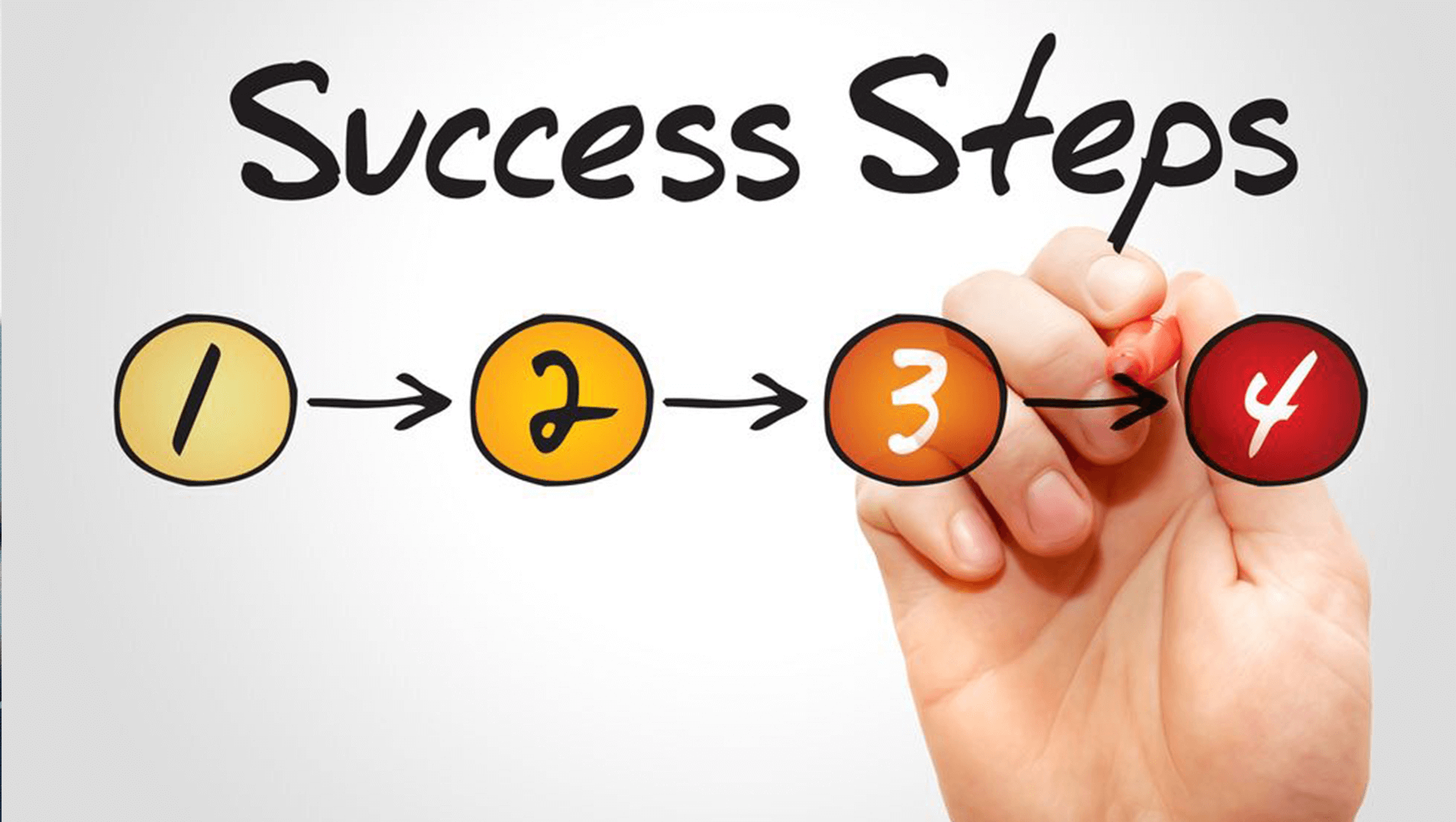Partner profile: Sarah Taylor of Meetings Into Minutes
Sarah Taylor is the founder of Meetings Into Minutes, where she helps organisations bring structure to meetings, drive accountability, and accurately capture key decisions. She also serves as company secretary for four organisations and collaborates with BoardPro to share her expertise, including the on-demand webinar Master the Art of Board Minutes.
In this Partner Profile, Sarah talks about
Sarah began her career in administration in the government, finance, and property sectors, which is where she discovered her talent for taking minutes. In 2016, Sarah took the plunge, set up her business, and found that her instincts were right—there was a market for a minute-taking service.
Sydney-based Meetings Into Minutes is a minute-taking service for organisations that seek an independent element to their board and committee meetings. Now working with over 45 organisations, Meeting Into Minutes also offers online and in-person training as well as webinars.
Working with purpose-led organisations
Sarah works with a wide range of organisations, allowing her to observe incredible people making a real difference in meaningful sectors.
“Before I started my company, my world felt quite insular. Now, I’m working across such a diverse spectrum—including corporates, youth homelessness, support for childhood assault survivors, cemeteries, aged care, and retirement communities.”
Yet, no matter what the organisation, ensuring the board is fulfilling its responsibilities requires the same governance processes, says Sarah.
“What I find fascinating is hearing about the work happening across different fields—it’s not all corporates, finance, and profit-making. There are incredible people out there doing meaningful, purpose-driven work, and it’s inspiring to be part of that world.”
The assumption that minute taking is 'easy' ...
Accurate minutes are critical for demonstrating compliance and fulfilling directors' legal responsibilities. It's not just a formality; it's also about accountability and protecting the organisation.
One of the biggest misconceptions about minute-taking is that it's assumed knowledge for anyone in an admin role, says Sarah. "People often think anyone can walk into a meeting with a notepad or laptop and just take minutes—but it's not that simple. I've lost count of how many times someone's said, 'Hey, can you just jump in and take minutes for this meeting?' with no context, no preparation, and no support. Without background knowledge, templates, or a clear understanding of the subject matter, it's incredibly difficult to produce accurate and useful minutes. It's a skill that requires training, structure, and experience."
The benefits of an independent minute taker
Professional minute takers attend your board or committee meeting, in-person or online, and can handle many elements of board meetings, including reviewing the agenda before the meeting, drafting minutes, sending email follow-ups for comments or amendments, and, of course, compiling the final set of minutes.
There are many benefits for an organisation when using a minute taker—it’s clear who is responsible for taking the minutes, it saves time, there are no concerns that the assigned minute taker may be absent, and minutes are always professional, accurate, and complete.
Being removed from internal dynamics is another key advantage of a professional minute taker, as it limits unconscious bias, says Sarah.
“Because my team and I are not part of the management team or involved in the day-to-day office culture, there’s a level of objectivity. When boards are discussing sensitive issues—like senior management remuneration, bonuses, or performance—they can speak freely.”
Sarah's top tips for minute taking
Minute-taking is more than just note-taking—it’s a skill that supports good governance and transparent decision-making. After years of working with a wide range of boards, Sarah’s learned what separates average minutes from truly effective ones. Here are her top three tips for taking clear, accurate, and genuinely helpful minutes.
Capture the correct details in your board minutes—not every word
Minute taking requires balance, explains Sarah. “It’s really about deciding how much is enough—and how much is too much. It comes down to working closely with your chair and senior management to align on expectations.”
Different boards have different preferences. “I’ve worked with boards that want 10 pages of minutes for a two-hour meeting, and others that only want five pages for a five-hour session,” she says. “So you’ve got to find that middle ground.”
Still, Sarah is cautious about underreporting. If a five-hour meeting only has three or four pages of notes, then that can be a red flag. It’s about capturing what takes place and being careful not to gloss over important discussions.
Provide an accurate reflection of the actual conversations
Be aware that sometimes people try to rewrite history, influenced by background knowledge or past experiences, cautions Sarah.
“That’s where the independence of a professional minute taker is valuable. I record the conversation as it happens, at that point in time. Minutes should reflect what was said in the meeting, not what someone knows from behind the scenes.”
Objectivity is critical to the role. “I’ve had to push back at times, and say ‘that wasn’t actually discussed’. It’s easy for people to add their flavour, especially when they’re trying to make themselves look better or influence the record. But that’s not good governance.”
In her role as a company secretary, Sarah often has times when she has to pull people up on the contents of the minutes. “I’ve even raised it with a chair when an outgoing CEO tried to alter the narrative of the minutes. The minutes must be accurate, impartial, and grounded in what took place in the room.”
Have a great chair
A skilled chair makes a big difference, especially when it comes to managing complex or circular discussions. “Some of the best chairs I work with can summarise the key points or outcomes, which helps with clarity and accuracy in the minutes,” Sarah explains.
Be prepared for the board meeting
With minute taking, the work begins before the meeting starts. “Reading the board papers beforehand, understanding the topics, and knowing whether a resolution is expected at the end of a discussion—it all sets you up for success,” says Sarah.
She also emphasises the value of having the right tools and templates. “The best outcomes come where minute-takers are organised by using templates, pre-filling known information, and going into the meeting fully prepared. Knowledge is power.”
Keep learning and stay curious
“It’s essential to continuously update your skills so that you can stay relevant, especially in governance,” says Sarah. “There’s no time to sit on your laurels.”
Meetings Into Minutes offers a range of minute-taking training options, including a self-paced masterclass in collaboration with BoardPro, online and in-person training.
Finding support within the governance community is also a valuable way to stay informed, share best practices, and navigate complex challenges with the insight of others facing similar issues. Sarah is a member of a community of practice for company secretaries, finding it invaluable for sharing ideas, discussing sector changes, board recruitment, and learning about new governance resources.
One new area to keep an eye on is AI, says Sarah. “AI is moving fast, and it’s a disruptor. It’s so hard to keep up; in two years, AI and its effect on governance will be different from what it is today.”
The value of independent minute-taking for boards
Minute-taking is often overlooked, but it plays a vital role in supporting good governance. From recording decisions to ensuring accountability, it’s a task that requires clarity, independence, and sound judgment.
Sarah’s business, Meetings Into Minutes, reflects the value of getting this right. With experience across a broad range of sectors, Sarah and her team bring structure and reliability to a core governance function. Sharing her expertise with the BoardPro audience through webinars also means influencing other governance professionals on how to ensure their board meeting minutes meet the high standards of good governance.
.png?width=2100&height=1400&name=Untitled%20design%20(30).png)
Learn more: Mastering the art of board minutes
Find out how to master the art of minute taking with BoardPro and Sarah Taylor.
In this course, you’ll learn the legal aspects and practical summarisation techniques of minute taking, in addition to how to boost efficiency and use templates to alleviate stress and improve the quality of the minutes.
When you're ready here's how BoardPro can help
Start a Free Trial — run a whole board meeting cycle for free, no credit card needed. You’ll be able to create board packs in a click, and have all minutes, decisions, actions and interests in one place. Be more effective, save time, and have everyone on the same page! Book a Demo — see BoardPro in action in this 30-minute demo, and have all your questions answered by a BoardPro specialist. You’ll get an introduction to all of BoardPro’s features — see how to set an agenda, create board packs, and take minutes. Attend a Free Governance Webinar — learn from our community of governance experts on subjects such as strategy, understanding board dynamics, reporting, and running effective meetings. You’ll join hundreds of others in these engaging events covering the latest governance topics. Find a Governance Template — practical documents to make governance easy! Templates cover strategic planning, board evaluation, risk assessment, SWOT analysis, and many other essential governance and business topics to grow your organisation and adopt good governance practices. |
Share this
You May Also Like
These Related Stories

Refresh your meeting minutes - 4 Steps to success

The BoardPro community's take on creating effective minutes




